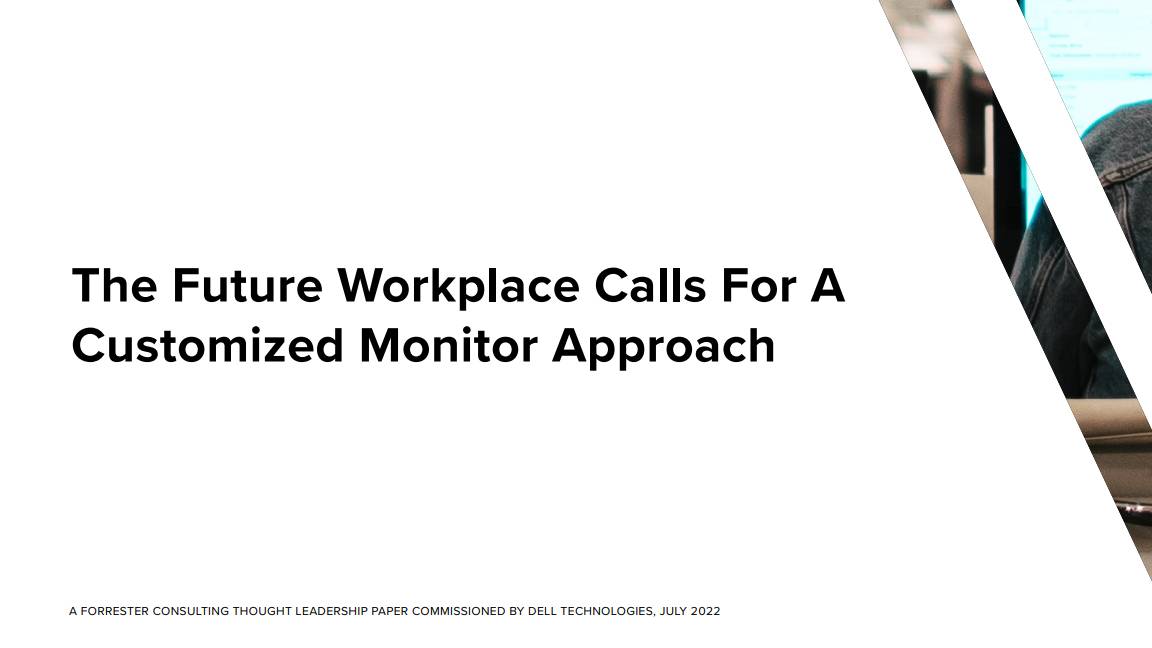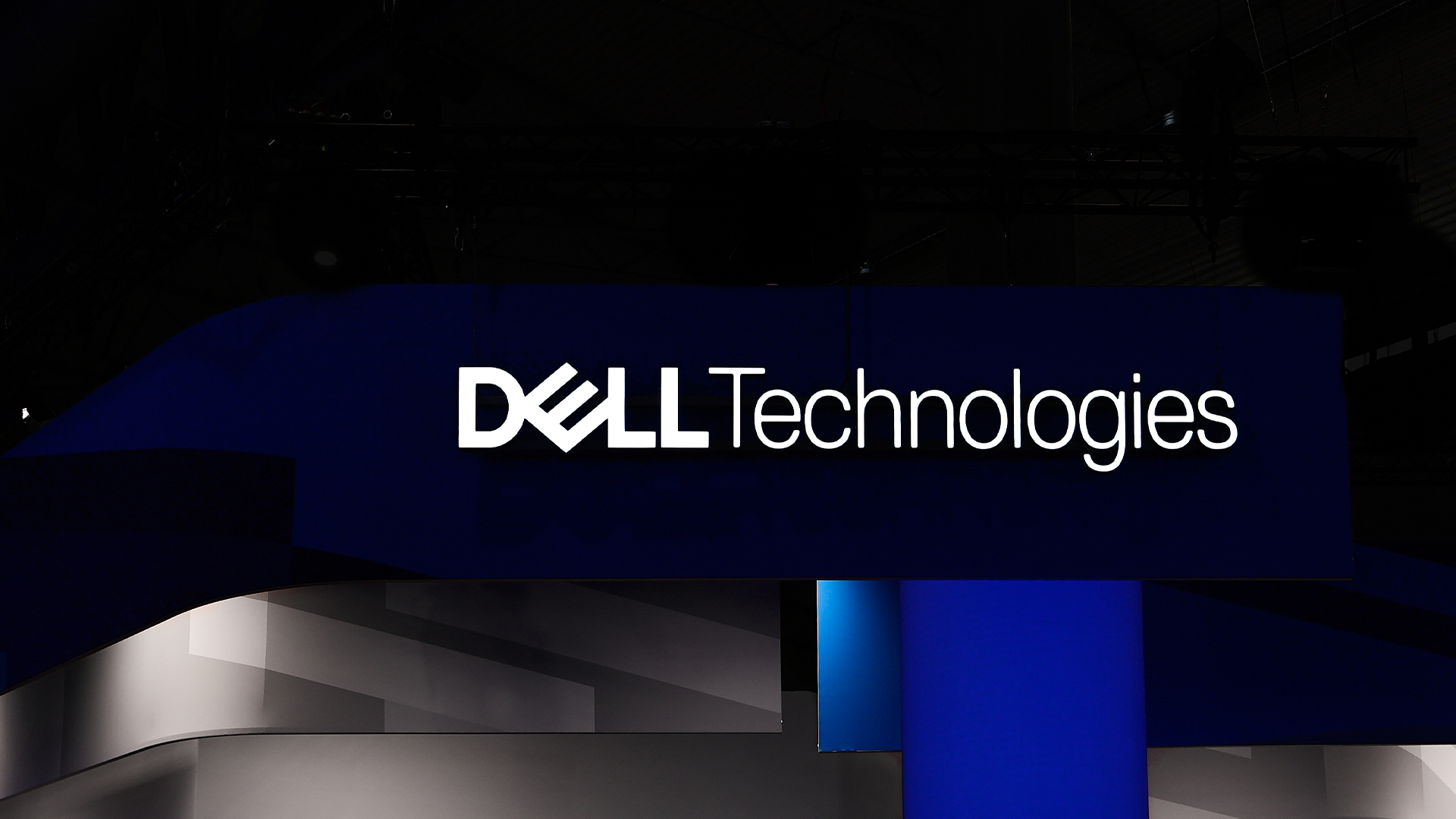Business leaders still concerned over EU AI Act compliance
While they're in favor of the EU AI Act and its principles, decision makers don't believe they have enough clarity over what's required


EU business leaders are broadly in favor of the EU AI Act - but have big concerns over how to comply, according to new research from Saidot.
A survey of 501 business decision-makers at companies using AI across Europe found that more than eight-in-ten agreed that AI governance and ethics are important, while 65% also confirmed that the responsible use of AI is important for their business too.
A further 41% said that one of their top priorities right now is to make sure they have the right AI governance in place within their organization. Similarly, six-in-ten believe that the AI Act will help put robust standards in place and ensure the fair use and practice of AI solutions.
Business leaders have concerns, however. Only a third said they had no worries at all. Three-in-ten believe it will impact the competitive landscape with regard to AI development and will favor the larger tech corporations, while 18% said that the act will stifle innovation for businesses across the region.
Meanwhile, 29% have concerns that the act is too confusing, noting that it will be difficult to comply with its guidelines.
"The EU AI Act represents a significant landmark in the development of AI regulation. It not only sets a precedent for how AI is governed within the EU, but it has the potential to also serve as a model for other regions globally," said Veera Siivonen, CCO and partner at Saidot.
"However, it is clear that a lot of uncertainty remains for businesses."
Get the ITPro daily newsletter
Sign up today and you will receive a free copy of our Future Focus 2025 report - the leading guidance on AI, cybersecurity and other IT challenges as per 700+ senior executives
Preparations for EU AI Act are still falling short
With the EU AI Act having passed earlier this year, the research from Saidot warned that many businesses are still struggling to prepare for the legislation.
Around one-quarter of UK firms have yet to make preparations, and this is partly due to lingering confusion over their obligations.
Six-in-ten business leaders said they still don't know enough about what the regulations will include. Meanwhile, 30% noted they don't currently have the skills or expertise within their organization to ensure compliance.
Despite this, though, two-thirds of leaders reckon they will be able to achieve compliance within the next 12 months.
RELATED WHITEPAPER

"It is clear that a lot of uncertainty remains for businesses," Siivonen said.
"Now that the plenary vote for the Act has officially been passed by the European Parliament, there should hopefully be more clarity on what to expect from the Act. For businesses to succeed in future, they will need to implement responsible governance processes while keeping up with the latest AI advances."
Emma Woollacott is a freelance journalist writing for publications including the BBC, Private Eye, Forbes, Raconteur and specialist technology titles.
-
 Microsoft just hit a major milestone in its ‘zero waste’ strategy
Microsoft just hit a major milestone in its ‘zero waste’ strategyNews Microsoft says it's outstripping its zero waste targets, recording a 90.9% reuse and recycling rate for servers and components in 2024.
By Emma Woollacott
-
 Dell names Lisa Ergun as new Client Solutions Group channel lead for the UK
Dell names Lisa Ergun as new Client Solutions Group channel lead for the UKNews Dell Technologies has announced the appointment of Lisa Ergun as its new Client Solutions Group (CSG) channel lead for the UK.
By Daniel Todd